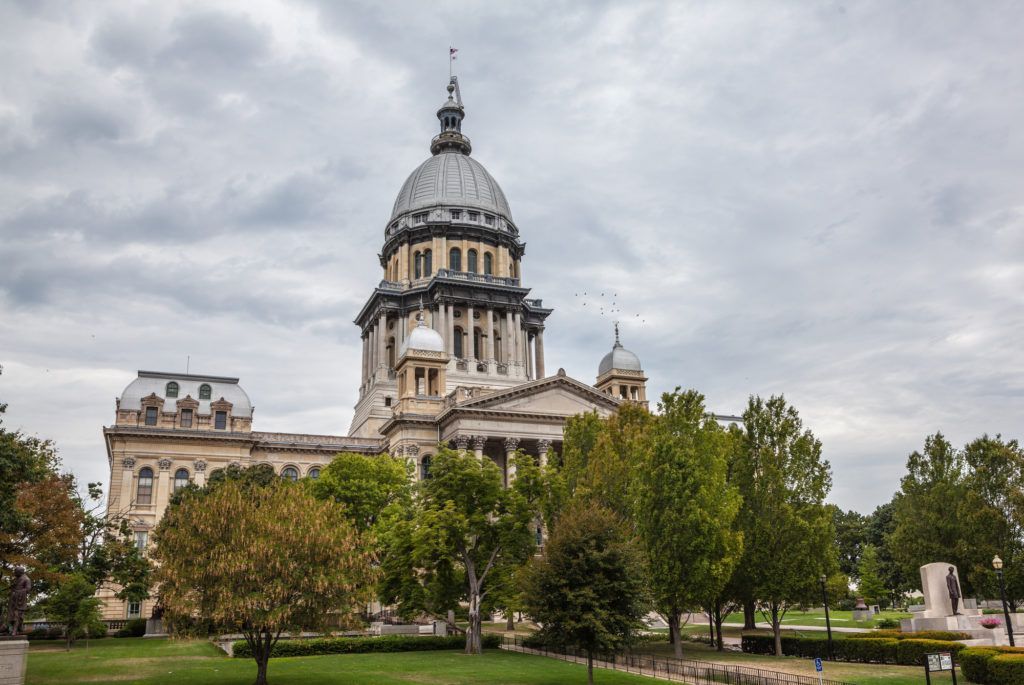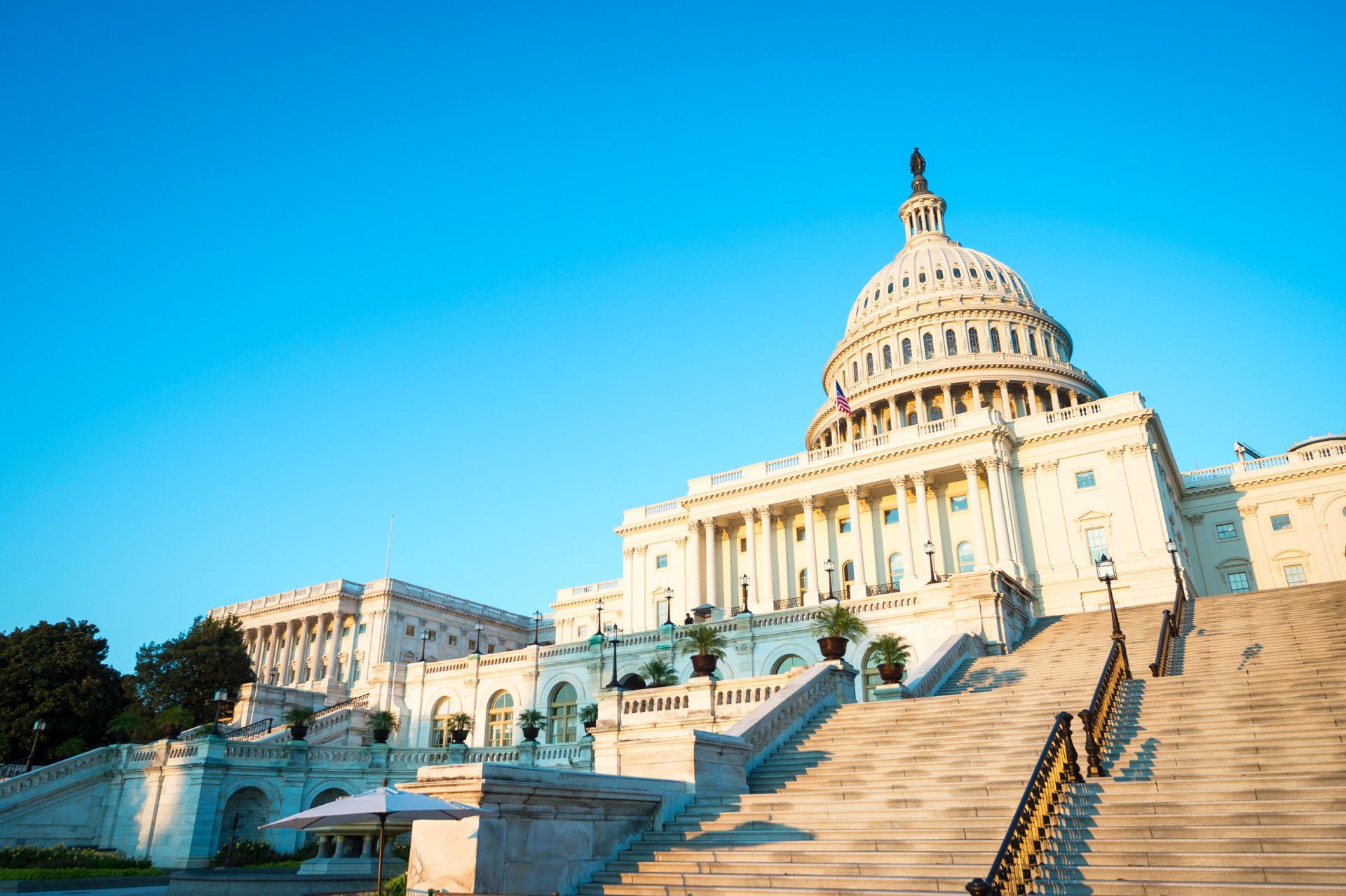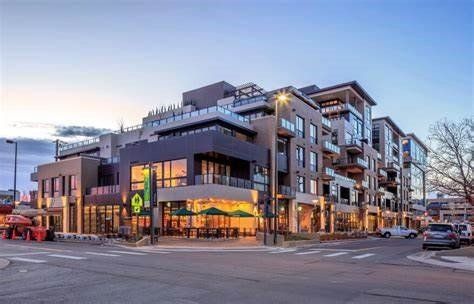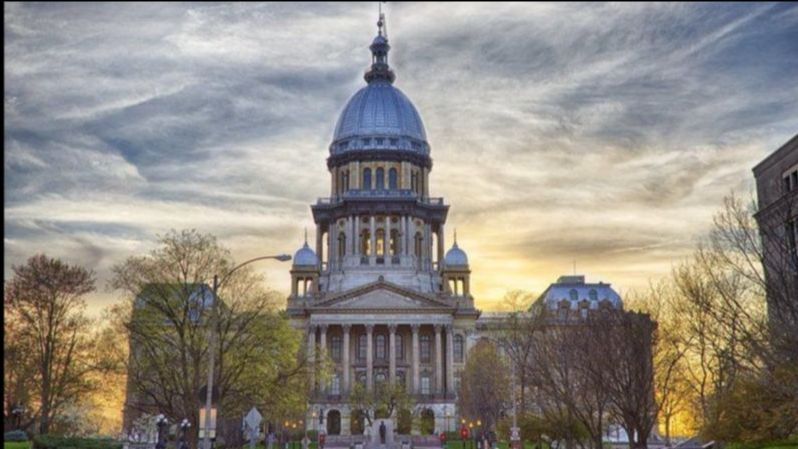
Illinois Cannabis and Land Use
Local governments in the Prairie State need to prepare for a rapidly expanding industry
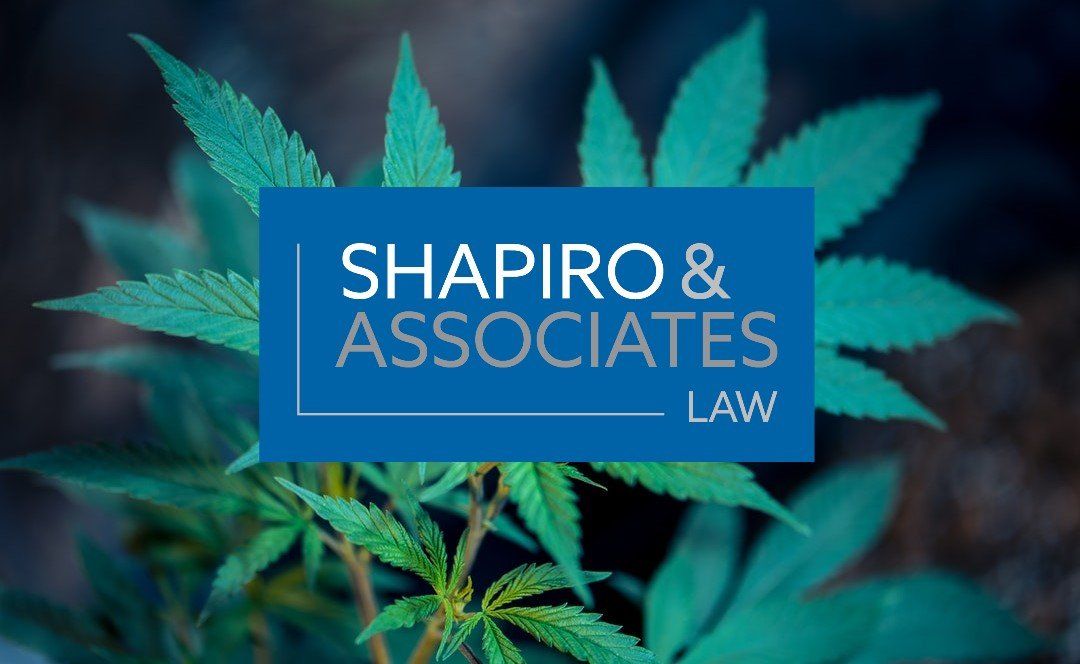
With the Illinois legislature’s passage of the Cannabis Regulation and Tax Act (CRTA), many local government officials are trying to understand what the bill will mean for them when Governor Pritzker signs the bill into law.While much will be written about the 610-page bill in the coming weeks and months, this article focuses on some of the CRTA’s potential land use implications at the local government level.
Legislative Achievement and Caps on Cannabis
Upon the CRTA’s signing, Illinois will become the 11th state to legalize recreational cannabis. It will be only the second state to legalize its use through the legislative process (i.e. a vote by elected officials) and the first state to use the legislative process to legalize the taxing and selling of it. Vermont’s legislature legalized recreational use and home cultivation but not sales and taxation. The other nine states legalized recreational use and sales through referendum (i.e. a direct vote by the people).
The CRTA will allow any Illinois resident over the age of 21 to possess a cumulative amount of up to 30 grams of cannabis flower, up to 500 milligrams of THC in a cannabis-infused product or 5 grams of a cannabis concentrate. Non-Illinois residents can possess only half of those amounts. Only cannabis products purchased from an Illinois-licensed dispensary are allowed to be recreationally possessed. Additionally, medical marijuana patients will be allowed to home grow up to five plants for medical consumption though any amount they grow in excess of 30 grams must remain secured in their home.
The CRTA also establishes new types of licenses . Rather than just the dispensing and cultivation business licenses that are currently issued, the CRTA creates additional licenses for processing, transporting, infusing and craft growing.
The 55 existing medical cannabis dispensaries will get the first opportunity to sell recreational cannabis to the adult public. Currently, the 55 dispensaries serve the state’s 67,000 medical cannabis patients (including 1,500 patients in the Opioid Alternative Pilot Program)—about 0.5% of the state population. However, on Sunday, the legislature expanded the list of conditions qualifying for medical cannabis and made the medical program permanent. The expansion, which includes chronic pain, autism, migraines, irritable bowel syndrome, osteoarthritis and anorexia, should provide a big boost to the number of registered patients perhaps covering upwards of 380,000 people—about 3.0% of the state population, similar to the percentages seen in Michigan and several other states.
All 55 medical dispensaries can apply to sell recreational cannabis at their existing locations and can also apply for an additional dispensary location in the same medical cannabis district. If each existing medical dispensary timely applies for their two “Early Approval Adult Use Dispensing Organization Licenses,” Illinois could have 110 recreational dispensaries by January 1, 2020.
The CRTA allows the state to issue a total of 500 recreational dispensary licenses by 2022 over a series of waves. For context, if all 500 licenses are eventually issued, Illinois would have around one dispensary for every 25,000 residents —still far less than Colorado’s rate of one dispensary per 11,000 residents.
Zoning and the Unknowns
While the state will hold most authority on the recreational cannabis industry, the CRTA grants local governments important (though not fully clear) zoning power to regulate commercial cannabis activity within their boundaries. Local governments can ban recreational operations but cannot ban possession and consumption. However, municipalities will still not be able to ban or even unreasonably restrict medical-only dispensaries as has been the case under the Illinois Compassionate Use of Medical Cannabis Pilot Program Act.
Municipalities will be able to opt out by passing an ordinance banning recreational marijuana businesses. Local governments that do not ban recreational businesses may instead permit and regulate businesses through zoning restrictions provided they are “reasonable” and “not in conflict” with the CRTA.
While it is unclear how restrictive local zoning regulations can be without running afoul of the CRTA, the CRTA explicitly allows local governments to provide for conditional (or special) use permits “governing the time, place, manner, and number” of cannabis businesses “including minimum distance limitations” between cannabis businesses and other types of land uses the local government deems “sensitive” such as schools. Thus, for example, local zoning regulations and conditions could presumably increase the minimum distance between two dispensaries (the CRTA sets a minimum 1,500 feet) and could can establish a minimum distance a dispensary must be from another type of cannabis business or from other land use types such as schools (where the CRTA is silent as to minimum distances).
However, the extent to which local zoning regulations can restrict such businesses remains unclear. That is, while the CRTA authorizes up to 500 dispensary licenses, allows dispensaries to operate from 6 a.m. to 10 p.m. and enables dispensaries, infusers and/or craft grower to share a facility, it remains uncertain how far local zoning regulations and conditions can limit the number of cannabis businesses in their jurisdiction, their operational hours, and minimum distances between other cannabis operations and land use types.
Where Locals Have the Most Power: On-Site Consumption
One of the more interesting and open-ended provisions in the CRTA is one granting local governments broad authority to permit the consumption of cannabis “at or in a cannabis business establishment” or “other entity” and deems that such on-site consumption locations are not public places under the Smoke Free Illinois Act. Illinois State Representative Kelly Cassidy, one of the primary authors and sponsors of the of the CRTA, stated that the on-site provision is intended to empower but not require local governments to allow uses equivalent to hookah lounges and cigar bars.
Three other states (California, Colorado, and Alaska) allow on-site consumption of cannabis, although very few licensed establishments exist in those states. While Denver’s sole consumption lounge offers very modest services (e.g. seating and a ping-pong table) and dispensing is allowed next-door but not on-site, some recently licensed consumption lounges in West Hollywood, CA also have areas for dispensing, health cafes, acupuncture, culinary classes, and private fine cannabis dinners.
While the CRTA’s wide delegation of local autonomy as to on-site consumption allows for tight municipal restrictions, the grant of local autonomy in combination with the CRTA’s broad language regarding on-site consumption may also give rise to creative cannabis concepts. Considering that dispensary, infuser, and craft grower uses can share the same premises, could a municipality choose to permit such a triple-use facility to also operate a consumption lounge? Could Illinois begin to see facilities that grow, sell, infuse, cook and serve cannabis for on-site consumption similar to a craft beer brewery and restaurant?
Once the CRTA becomes law, municipalities should immediately consider whether or not they will opt out. For local governments that choose to allow recreational cannabis operations, a review of its current medical cannabis ordinances is a wise first step followed by determining which zoning districts recreational cannabis businesses should be allowed, whether conditional use permits will be required, under what conditions to issue the conditional use permits, and what it wants to do with on-site consumption. While the introduction of recreational cannabis is all but certain for the Prairie State, what remains to be seen is how much room local governments will give the industry to grow.

CONTACT US TODAY
Contact Us
We will get back to you as soon as possible.
Please try again later.
LOCATION
570 Lake Cook Road, Unit 119
Deerfield, IL 60015
Shapiro & Associates Law | All Rights Reserved |
Created by Olive + Ash.
Managed by Olive Street Design.

